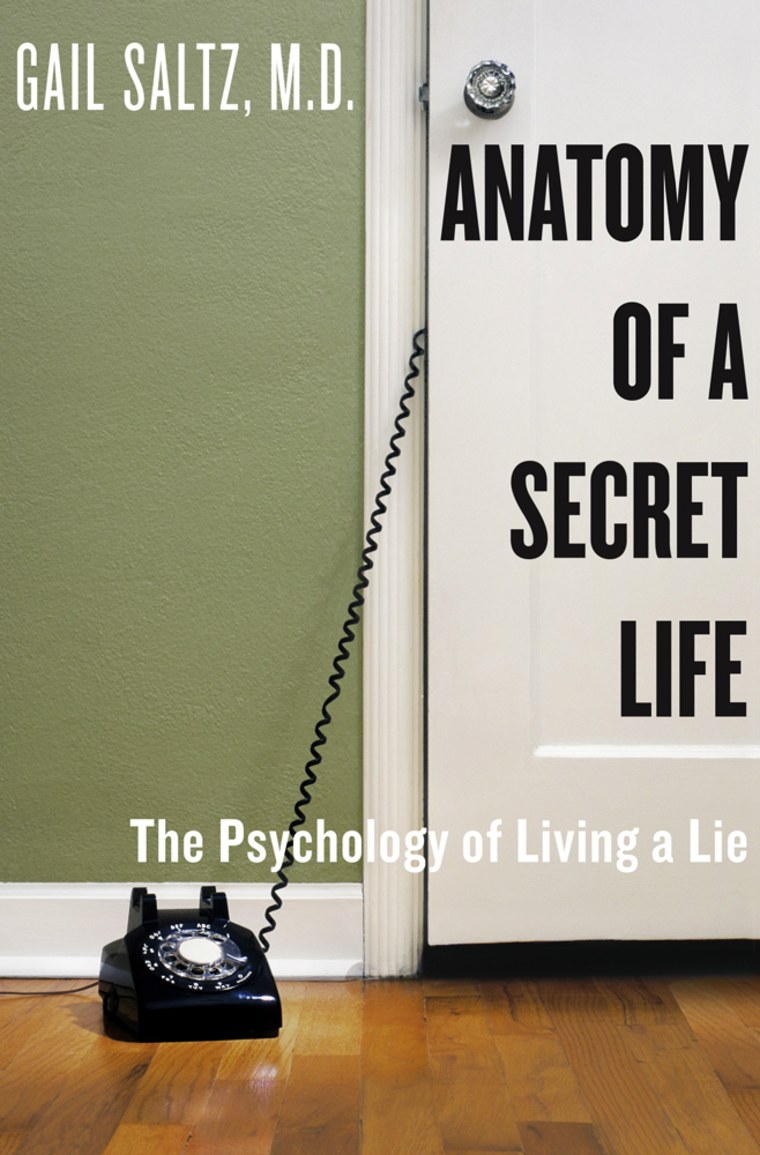My column last week about a man whose wife duped him about her pregnancy really hit a nerve. I thank my readers for all their thoughtful responses, and I would like to address their main points.
An overwhelming majority of you said that this dad should have had a vasectomy, if he didn’t want any more children. Sterilization is the most reliable form of contraception, and I agree that a vasectomy is a good move for a couple who are certain that they don’t a bigger family.
But the reality is that this man already has a two-year-old. By the time he wrote to me, birth control was no longer an option. As the saying goes, it doesn’t help to shut the barn door after the horse has already escaped.
It’s not clear whether his wife became pregnant by accident or on purpose. I wasn’t insinuating either of these. His wife, however, denied she was pregnant when her husband asked her about her weight gain.
My point was that couples should discuss these issues, and not lie about them, or deny them. His wife willfully hid her pregnancy from him until it was no longer deniable, thereby excluding him from participating in a decision, which affects him greatly.
Major decisions — including those about having children, having additional children, getting sterilized, or using birth control — should be made jointly by a married couple, as both bear responsibility for the outcome. The fact that spouses disagree on such profound issues means it is even more necessary for them to deal openly with them.
When one spouse deceives the other, trust is breached, creating an emotional chasm in the relationship. Or the deception is a sign that the chasm already exists. In order to bridge this gap, couples must talk honestly, and listen to each other’s feelings and concerns. This can happen, even if they still disagree about the issue.
Whatever the outcome, even if the result was not the one he advocated for, this man still needs to know his viewpoint was acknowledged and understood. By the time this dad was let in on his wife’s pregnancy, he had no choice but to become a father again. His wife didn’t let him express his views or have any input on this situation. And she still doesn’t acknowledge his feelings.
It’s no surprise that, under the circumstances, he feels that parenthood was inflicted upon him, no matter how much he loves his child. And after two decades years of marriage, the inability for the couple to discuss such issues indicates more serious problems.
Some readers suggested his wife cheated and someone else fathered this baby. Others felt the wife feared approaching her husband, or she was worried that he would either harm her or “force” her to have an abortion.
In his letter, however, there is no evidence that any of these are true. Sometimes, people are familiar with such an experience or fear it will happen in their own life, which makes it easy to add their own interpretations.
Children are a wonderful blessing. The fact remains, however, that when a married couple has a child, parenthood is a joint endeavor. To remain at a standoff, with simmering fury and refusals to discuss important issues, is not healthy for any family member.
Some people suggested this man should stop whining and grow up. His best chance at being a good father and husband will come if his wife is willing to discuss what happened and listen to his feelings, so they can put the resentment and distance behind them, and move forward.
Dr. Gail’s Bottom line: Nobody can turn back the clock. To resolve a difficult conflict, spouses must talk openly, so that each feels heard, not ignored. Only then can they move toward understanding and forgiveness.
